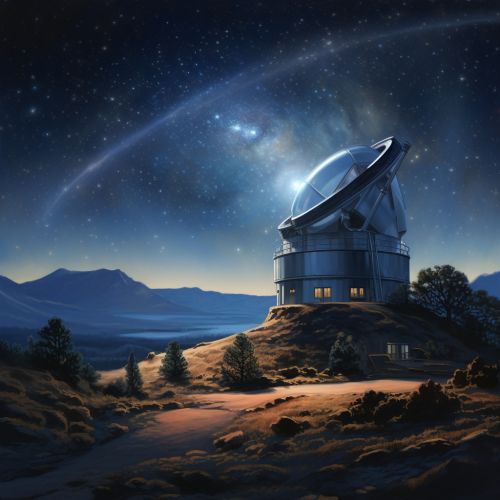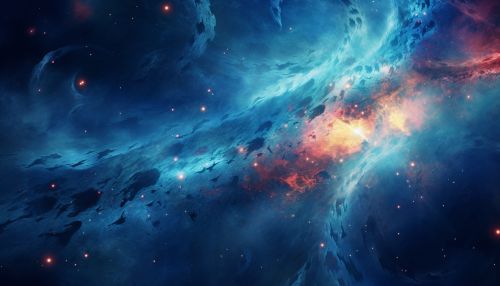The Role of Astrobiology in the Search for Extraterrestrial Life
Introduction
Astrobiology, the study of the origin, evolution, distribution, and future of life in the universe, plays a crucial role in the search for extraterrestrial life. This multidisciplinary field encompasses the biological, physical, and geological sciences, and has been instrumental in advancing our understanding of life's potential beyond Earth.


Origins and Evolution of Astrobiology
Astrobiology as a scientific discipline emerged in the mid-20th century, during the Space Age, when the possibility of life beyond Earth became a subject of serious scientific inquiry. The field has evolved significantly since its inception, with advancements in technology and scientific understanding expanding the scope and depth of astrobiological research.
Astrobiology and the Search for Extraterrestrial Life
Astrobiology's primary goal is to understand the conditions and processes that allow life to emerge and thrive. This knowledge is directly applicable to the search for extraterrestrial life, as it helps scientists identify the types of environments that could potentially harbor life.


Exoplanet Research
One of the key areas of astrobiology is exoplanet research. Exoplanets, or planets outside our solar system, are prime targets in the search for extraterrestrial life. Astrobiologists study these celestial bodies to determine if they possess the necessary conditions for life, such as the presence of water, an atmosphere, and a suitable temperature range.
Astrochemistry
Astrochemistry, another important subfield of astrobiology, involves the study of chemical processes in space and their implications for life. Astrochemists investigate the composition of planets, asteroids, comets, and interstellar clouds, looking for organic molecules that are the building blocks of life.


Astrobiology and Space Missions
Astrobiology plays a vital role in the planning and execution of space missions. For example, NASA's Mars rovers are equipped with instruments designed to detect signs of past or present life, based on our understanding of life's requirements and the Martian environment.
Challenges and Future Directions
Despite the significant progress made in astrobiology and the search for extraterrestrial life, there are numerous challenges that remain. These include the vast distances between stars, the difficulty of detecting life remotely, and the need for more advanced technology.


Looking ahead, astrobiology will continue to play a crucial role in the search for extraterrestrial life. Future missions to Mars, the outer solar system, and beyond will be guided by astrobiological principles, as we continue to explore the fascinating question of whether we are alone in the universe.
